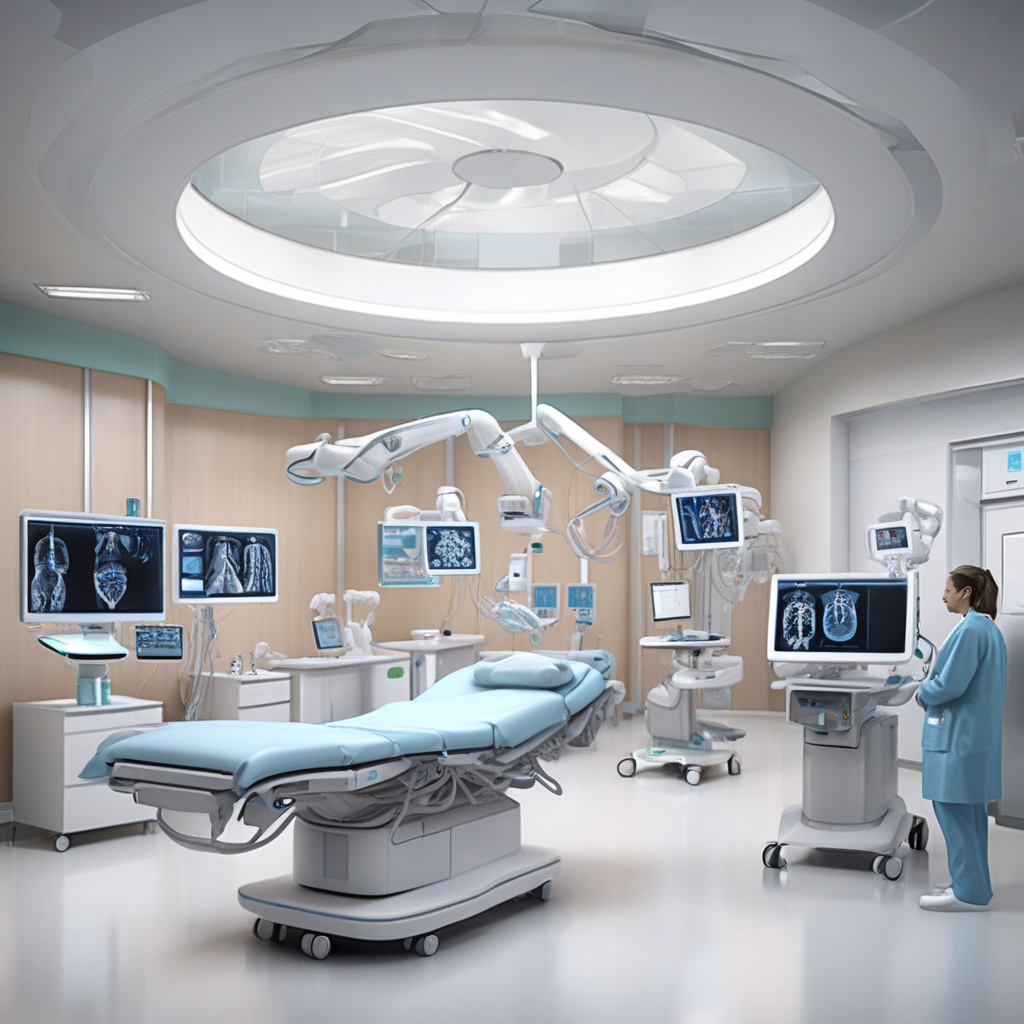UK Health Sector Adopts AI While Legacy Tech Lags
The integration of Artificial Intelligence (AI) in the UK healthcare sector has been nothing short of revolutionary. With its ability to analyze data, streamline processes, and improve patient outcomes, AI adoption has nearly doubled in recent years. However, as the industry marches forward towards a more tech-savvy future, the presence of outdated legacy systems continues to cast a shadow on the sector’s progress. These legacy systems not only undermine performance but also hinder interoperability and compromise security measures.
One of the key advantages of AI in healthcare is its potential to enhance decision-making processes. By analyzing vast amounts of data with speed and precision, AI can assist healthcare professionals in making more accurate diagnoses and developing effective treatment plans. This not only improves patient outcomes but also optimizes resource allocation within healthcare facilities.
Moreover, AI-powered tools can automate routine tasks, allowing healthcare professionals to focus on more complex and critical aspects of patient care. From administrative duties to data entry tasks, AI can significantly reduce the burden on healthcare staff, leading to increased efficiency and productivity across the board.
Despite the clear benefits of AI adoption in the healthcare sector, the prevalence of legacy systems poses a significant challenge. These outdated technologies are often incompatible with modern AI solutions, creating interoperability issues that hinder seamless data exchange between systems. As a result, healthcare providers may find themselves grappling with siloed information and inefficiencies that impede the delivery of timely and coordinated care.
Furthermore, legacy systems are more susceptible to security vulnerabilities, putting patient data at risk of breaches and cyber attacks. With the increasing digitization of healthcare records and the sensitive nature of medical information, ensuring robust security measures is paramount. The integration of AI can bolster cybersecurity efforts by detecting anomalies, predicting potential threats, and safeguarding patient data from unauthorized access.
To address the disparities between AI adoption and legacy tech in the UK healthcare sector, organizations must prioritize digital transformation initiatives. This involves not only investing in cutting-edge AI technologies but also modernizing existing infrastructure to support seamless integration and data sharing. By bridging the gap between AI solutions and legacy systems, healthcare providers can unlock the full potential of technology to drive innovation and improve patient care.
In conclusion, while the adoption of AI in the UK healthcare sector has surged in recent years, the persistence of legacy systems presents a formidable obstacle to realizing the full benefits of modern technology. By overcoming interoperability challenges, enhancing cybersecurity measures, and prioritizing digital transformation efforts, healthcare organizations can position themselves for success in an increasingly AI-driven landscape.
#AI, #Healthcare, #UK, #LegacyTech, #DigitalTransformation
